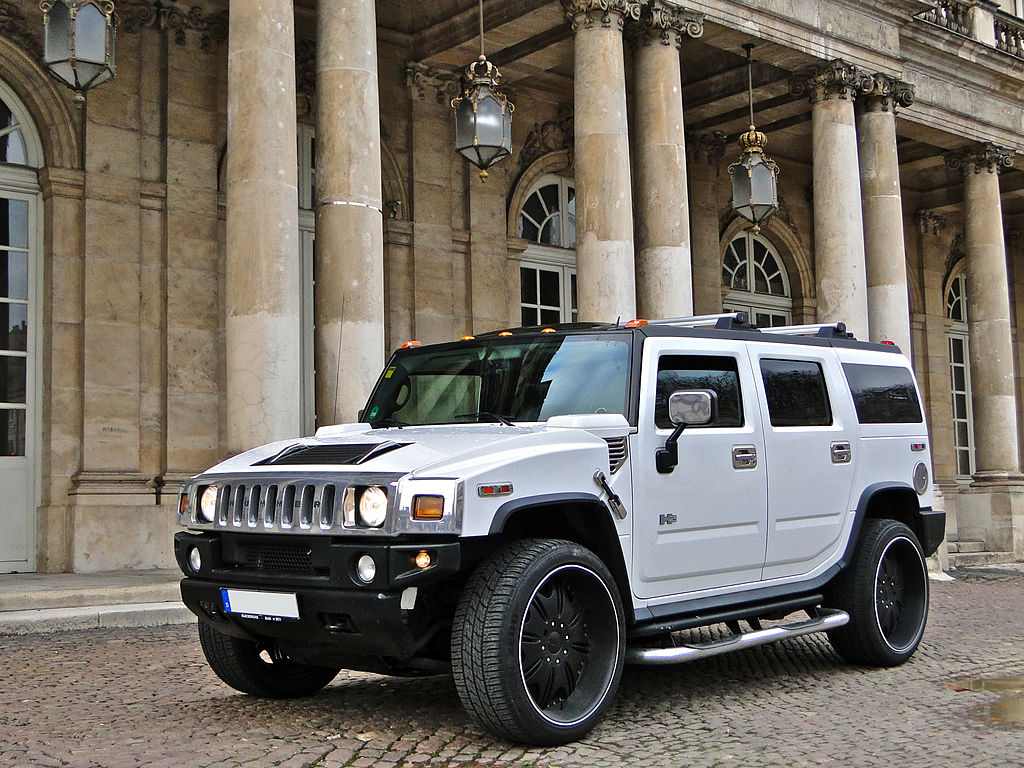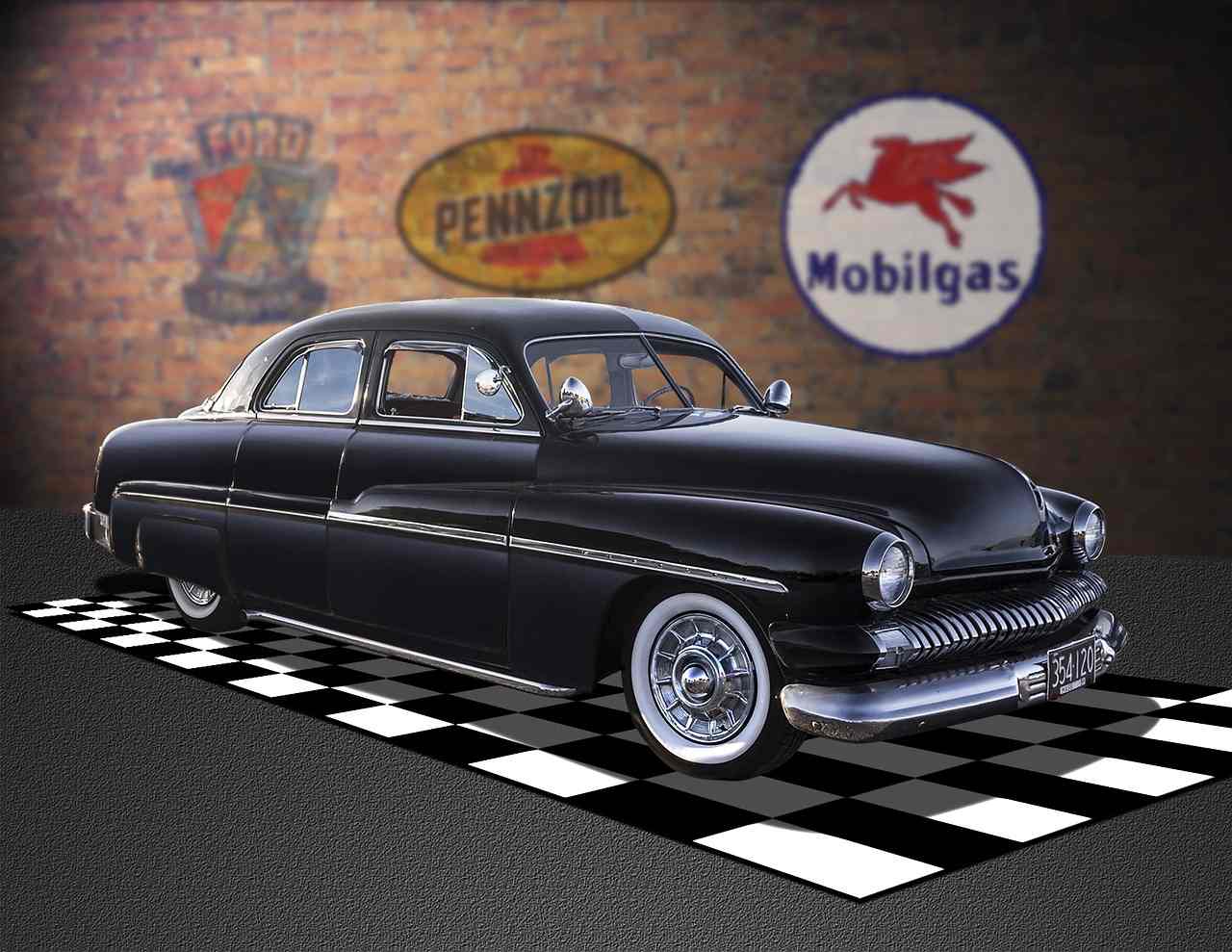Let’s be honest; cars aren’t immortal. Despite being part of widely successful automakers, some brands had to be discontinued because of poor sales. Several car brands have had to hit the brakes and were forced to stop production.
Big companies like General Motors, Ford, and Chrysler have been putting out iconic cars for decades, but sometimes even their most popular models have to be put to rest. We have discussed five car brands that bit the dust.
Contents
5 Car Brands that Had to Bite the Dust
Some car brands just couldn’t make the cut.
It’s like the car-making version of The Hunger Games.
It’s a cruel game and one that some manufacturers have had to play more often than others. Here’s a look at some auto brands that didn’t quite make it and why.
Mercury (Ford)
No, not the planet. Ford Motor Company founded Mercury in 1938 as an entry-level luxury brand aimed at those who wanted a little more than the Ford brand but couldn’t afford the Lincoln.
By the time Mercury was discontinued in 2010, there were no concrete distinctions between Mercury and Ford (both were mid-sized cars with similar features), so consumers weren’t convinced they needed to purchase a Mercury instead of a Ford.
Hummer (General Motors)
The Hummer brand started as a military vehicle manufactured by AM General. In 1998, General Motors purchased the rights to produce civilian versions of the Hummer.

The downfall of Hummer can be attributed to the economic recession that hit the United States in 2008. Although Hummer had already been losing popularity due to its gas-guzzling nature and poor fuel economy, the recession was the final blow for this brand. It had been a luxury vehicle that only a few could afford. It was finally discontinued in 2010 after several years of plunging sales numbers.
SAAB
This Swedish company was once at the forefront of automotive innovation in Europe, but it struggled to keep up with other manufacturers after being bought by General Motors (GM) in 1989.
Its inability to compete with GM’s other brands, such as Opel, led GM to stop production and dissolve it in 2016.
Pontiac (General Motors)
Ah, Pontiac. Remember when they were known as the “Excitement Division” at General Motors? They had some great years and some very notable cars—remember the Grand Am? The Firebird? The Trans Am?
A big part of their success was due to the “Wide-Track” advertising campaign, which was a massive hit in the 60s and 70s. But by 2009, GM decided to pull the plug on Pontiac and focus on other brands in their lineup.
SEE MORE
Oldsmobile (General Motors)
The brand had a longer run than Pontiac, founded in 1897 and discontinued in 2004—still for reasons related to costs incurred by the company during a period of financial hardship for GM.
The discontinuation resulted in decreasing sales and a reputation among car buyers as a “grandma’s car.” The brand was famous for more affordable salon-style cars that weren’t as appealing to younger buyers who wanted more modern features like automatic transmissions and radios installed in their vehicles.
Conclusion
One of the most exciting things about the auto industry is how quickly it changes. A brand that was once at the top of its game can suddenly lose steam. And it seems that the American car industry has seen more than its share of brands come and go.



